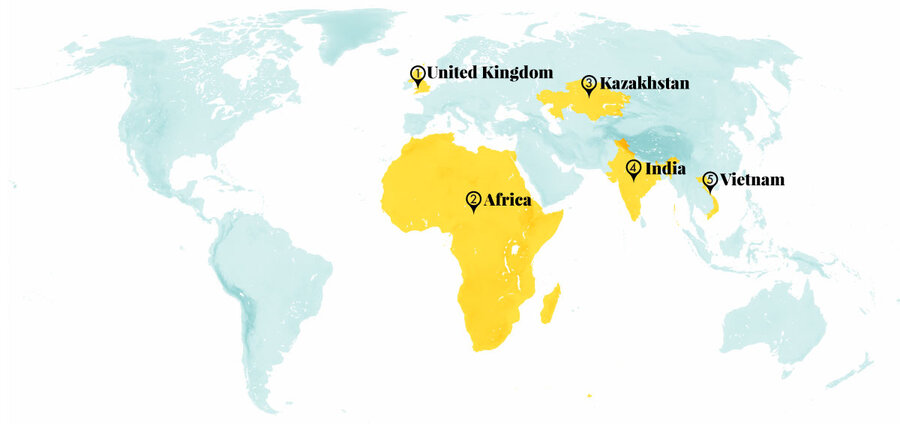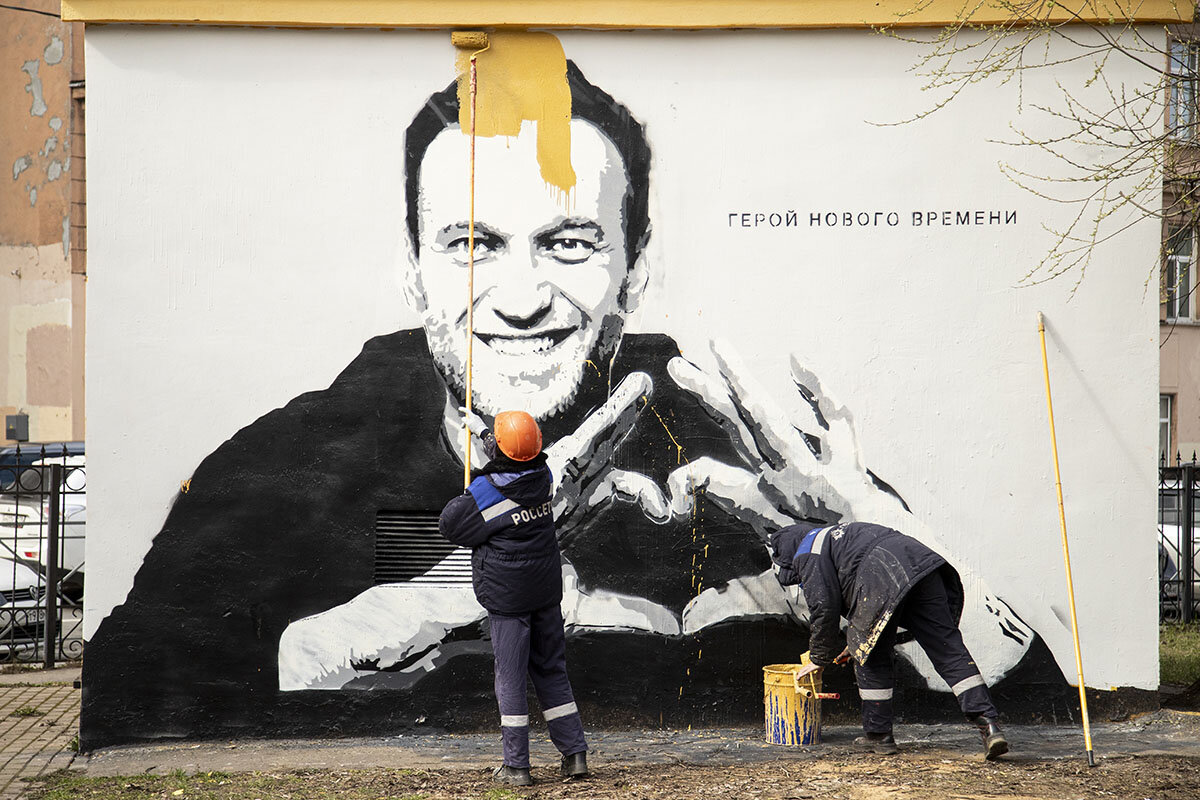Our reporter finds there’s little optimism in the future of women’s rights or democracy in Afghanistan with the planned U.S. withdrawal from the South Asian nation.
Monitor Daily Podcast
- Follow us:
- Apple Podcasts
- Spotify
- RSS Feed
- Download
 David Clark Scott
David Clark Scott
Father, aerospace engineer, and astronaut Michael Hopkins returns to Earth Saturday after six months aboard the International Space Station. And Colonel Hopkins can now add “space gardener” to his résumé.
While orbiting our planet at about 17,100 miles per hour, the American astronaut has grown two varieties of lettuce, Amara mustard and extra dwarf pak choi.
The space station crew recently finished savoring the last of the pak choi as a warm side dish, marinated in soy sauce and garlic. Apart from giving astronauts a delicious break from food in a tube, NASA is learning how to grow pick-and-eat crops to feed crews on multiyear Mars missions.
NASA has worked with 230 U.S. middle and high school science classes to select seeds that will thrive in a microgravity garden. Previous space station crews have grown radishes, soybeans, and wheat (which grew 10% taller in space).
But NASA has another motivation, which echoes why so many people stuck at home on Spaceship Earth have been growing veggies during the pandemic: Gardening feeds the soul. It nourishes a sense of hope. And there’s something inherently therapeutic about caring for another life form.
“Even though astronauts can’t run to the supermarket for fresh produce during a two-year mission to Mars, they could float into a module that has the same smell and feel of the produce section,” Colonel Hopkins says. “And that will put a smile on any astronaut’s face.”










